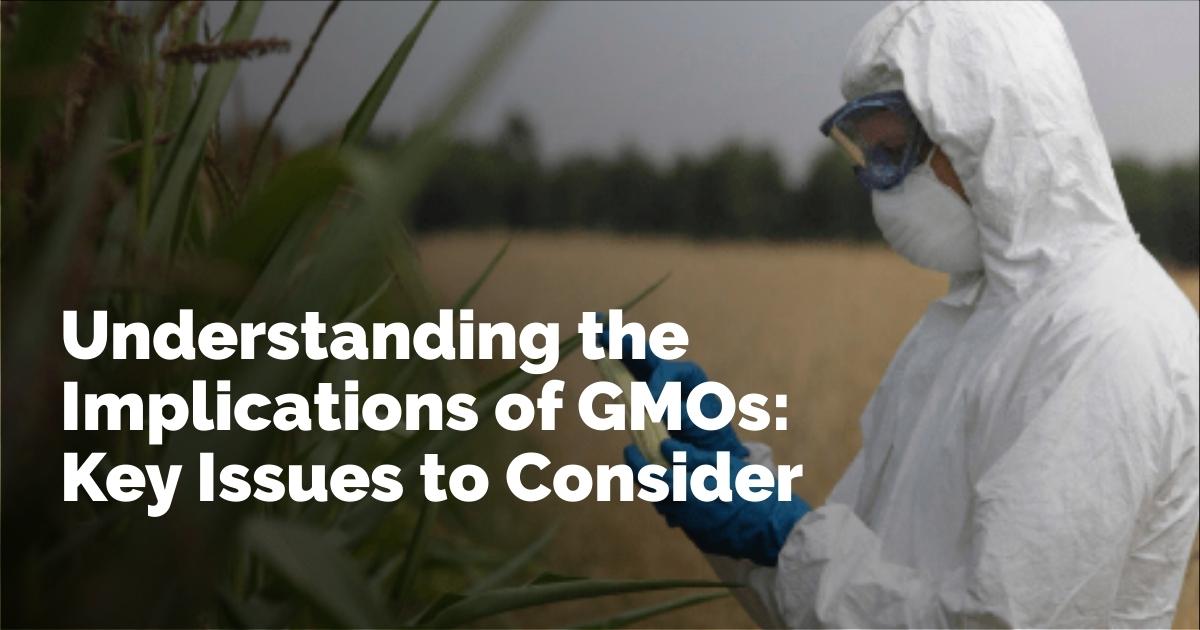Genetically Modified Organisms (GMOs): Navigating the Global Regulatory Landscape
Complexities in Global GMO Regulations
Genetically Modified Organisms (GMOs), especially those involving crops and foods, have been a focal point of controversy and diverse opinions globally. As such, countries have devised a range of regulatory systems to manage genetically engineered (GE) crops. While the scientific risk assessments might bear similarities across these systems, the policies vary widely due to different political, cultural, and societal pressures.
Factors such as distinct cultural traditions and environmental conditions, along with varying societal risk tolerances, heavily influence these decisions. Control is often swayed by lobbying from environmental, food safety organizations, organic crop producers, multinational agricultural companies, and consumer groups, all of whom have stakes in the global food supply chain. Resultantly, some nations adopt lenient stances toward GE crops and foods, while others exercise more caution.
Process-Based vs. Precaution-Based Regulations
Countries employing process-based regulatory approaches focus on overseeing food and crops that have undergone specific genetic modification techniques. This includes mandating premarket safety reviews for environmental and food safety. Conversely, foods with similar characteristics produced through traditional methods are not subjected to this scrutiny. Beyond safety and environment, these regulatory systems also sometimes address economic and social facets, providing consumer information via labeling and protecting non-GE agriculture systems.
Such diverse regulatory approaches offer a comparative lens on GE crops versus conventionally bred plants, especially concerning new genetic-engineering technologies, risk assessments, and the regulatory reach of GE systems.
International Trade Agreements and GMO Regulations
The framework for GMO regulation is not just a national concern but also governed by international trade and agreements. Nations participating in the World Trade Organization (WTO) must align their food safety regulations with the WTO Agreement on Sanitary and Phytosanitary Measures (SPS Agreement). This agreement regulates actions taken to safeguard human, animal, or plant life, acknowledging these measures' potential trade barrier effects. It recommends minimizing such barriers while ensuring policies rely on scientific evidence.
Similarly, the WTO's Technical Barriers to Trade (TBT) Agreement covers broader standards, including environmental protection, national security, and prevention of deceptive practices. While nations reserve the right to impose these measures, they’re encouraged to adopt international standards and nondiscriminatory practices to ease trade hurdles.
In essence, these agreements strive to prevent trade impediments by restricting regulatory practices that form non-tariff barriers. While safety measures must be grounded in scientific data, socioeconomic issues reflecting varied national values might have more flexibility.
Divergent National Approaches to GMO Regulation
Despite overarching international agreements, countries customize their GMO policies with varying emphases. The USA employs a Coordinated Framework, engaging both the Environmental Protection Agency (EPA) and USDA’s Animal and Plant Health Inspection Service (APHIS) to manage environmental risks related to GE crops. The EPA’s mandate includes managing pesticidal proteins in GE crops, under the Federal Insecticide, Fungicide, and Rodenticide Act.
The European Union (EU), contrastingly, adopts a more precautionary stance, informed by strong public opposition in some member states. Even when the European Food Safety Authority deems a GM product safe, political disagreements often stymie approvals. To tackle approval deadlocks, the EU allows states to restrict GM crop cultivation based on non-risk factors, emphasized further with compulsory GM product labeling, underscored as a consumer 'right-to-know'.
GMOs in Ghana: A Cautious Approach
Against this international backdrop, Ghana faces its own challenges with GMOs. Apprehension from various Ghanaian agricultural bodies, including the General Agricultural Workers Union and Peasant Farmers Association, has fueled debates on GMO introduction. Concerns range from potential health risks to the socioeconomic impacts on traditional agriculture.
These apprehensions resonate with lawmakers and agricultural experts, urging for a cautious, well-regulated GMO integration, reinforcing consumer safety in Ghana. The potential pitfalls of GM crops underscore the need for a robust regulatory framework before any market introductions.
Conclusively, Ghana's scenario echoes a universal truth about GMO discourse: nations need to walk the tightrope of science, politics, and public sentiment carefully. For Ghana—and indeed any country considering GMO adoption—ensuring a well-informed, transparent, and rigorous regulatory mechanism is paramount to safeguarding both public wellbeing and economic viability.
출처 : Original Source

